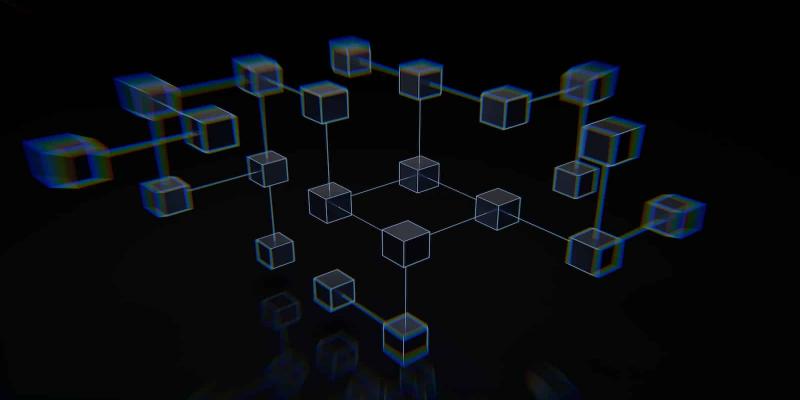
Blockchain technology is a decentralized and distributed digital ledger that records transactions across a network of computers. It is a secure and transparent way to record transactions, and it has the potential to revolutionize a variety of industries.
One of the most practical uses of blockchain technology is in the financial sector. Blockchain can be used to create a secure and transparent system for financial transactions, such as cross-border payments, remittances, and trade finance. By using blockchain, financial institutions can reduce the risk of fraud and streamline their processes, which can lead to lower costs and faster transactions.
Another practical use of blockchain is in supply chain management. By using blockchain, companies can track the movement of goods from the point of origin to the final destination, providing a transparent and tamper-proof record of the supply chain. This can help to reduce the risk of counterfeiting and improve the efficiency of the supply chain.
Blockchain technology can also be used in the healthcare industry to securely store and share patient data. By using blockchain, healthcare providers can securely access and share patient data, which can improve the quality of care and reduce the risk of errors.
In addition to these practical uses, blockchain has the potential to improve the internet as a whole. One way it can do this is by increasing security and reducing the risk of cyber attacks. Since blockchain is decentralized and distributed, it is much more difficult to hack than a centralized system. This makes it an ideal technology for securing online transactions and protecting sensitive data.
Another way that blockchain can improve the internet is by providing a more decentralized and transparent platform for online content. Currently, a small number of companies control much of the content on the internet, which can lead to censorship and a lack of diversity. By using blockchain, content creators can share their work directly with their audience, without the need for intermediaries. This can help to create a more open and transparent internet.
Finally, blockchain can help to improve the internet by enabling the creation of new types of decentralized applications (dApps). dApps are applications that run on a blockchain and are not controlled by any single entity. This can allow for the creation of new types of online services that are more secure and transparent than those that rely on centralized servers.
In conclusion, blockchain technology has the potential to revolutionize a variety of industries and improve the internet as a whole. Its practical uses include secure financial transactions, supply chain management, and healthcare data management. In addition, it has the potential to increase security, reduce censorship, and enable the creation of new types of decentralized applications. As the technology continues to evolve, we can expect to see even more practical uses and benefits of blockchain in the future.
